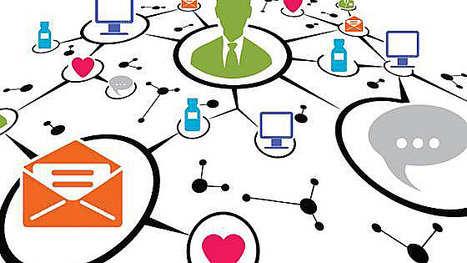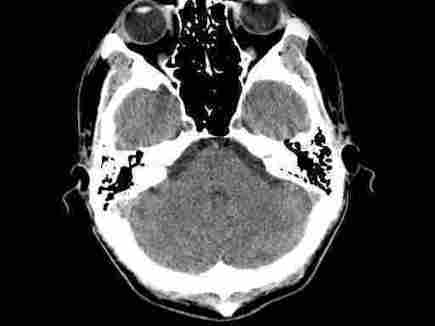In its State of the Market 2018 report, HIMSS Analytics outlined nationwide adoption of major health IT trends.
The report detailed market insights related to blockchain, cloud computing, EHRs, precision medicine and telehealth, among other health IT segments.
Here are 5 highlights from the report:
1. Blockchain. The plurality of hospitals (45.3 percent) are still learning about blockchain and have not deployed any related programs. However, 55 percent said it is "somewhat likely" they complete a blockchain proof-of-concept or pilot in the next 24 months, followed by 17 percent of whom said it was "very likely."
2. Cloud. The majority of hospitals (65 percent) said they currently use the cloud or cloud services. Reasons for adopting cloud services included concerns with disaster recovery (37 percent), lack of internal IT expertise on site (25 percent) and IT maintenance costs (25 percent).
3. EHRs. EHRs have achieved almost universal hospital adoption; however, interoperability continues to present a core challenge. Only 2 percent of hospitals are on a single vendor at all affiliated practices, and nearly three-quarters of hospitals said they deal with more than 10 disparate outpatient vendors.
4. Precision medicine. Hospitals tended to cite lack of funding, technological or clinical expertise as barriers to adopting precision medicine, although nearly half of hospitals (45 percent) said they plan to expand their existing programs.
5. Telehealth. Telehealth adoption has reached 50 percent at U.S. hospitals. Moving forward, 55 percent of hospitals said they are "unsure" if they have plans to invest in telehealth services in the next 24 months, followed by 27 percent that said they do.
Via nrip



 Your new post is loading...
Your new post is loading...











